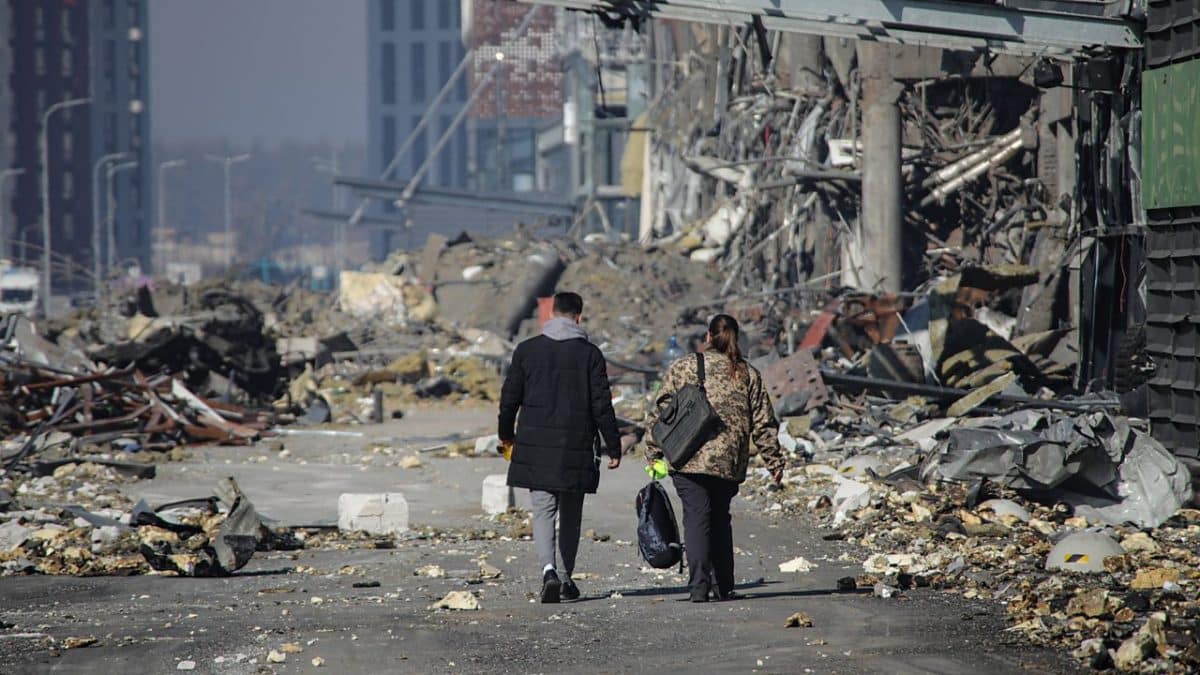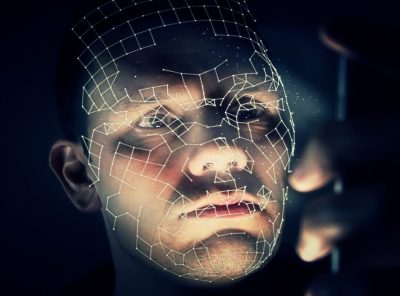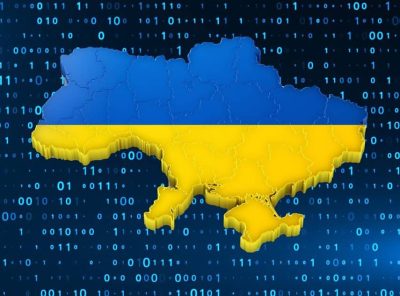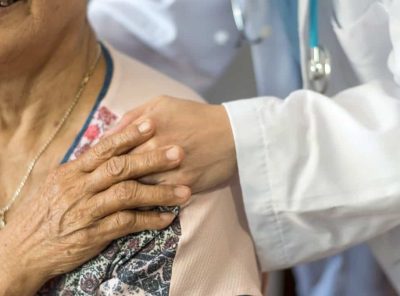Ukraine people suffer the stress and anxiety
The stress and anxiety for the Ukraine people.
This programme is available on the Health Check Page and is available now until Wednesday the 6th of April. It will also be broadcast on Sunday the 3rd of April in Phuket at 8:00 AM on 91.5 FM and 102.5 FM and Online via the Internet radio portals.
This week on BBC Health Check presenter Claudia Hammond talks to a Ukrainian psychotherapist about the increased demand for her services since Russia invaded her country.
Is multiple sclerosis caused by a virus?
Health Check looks at the latest evidence pointing to the Epstein Barr virus, which more commonly causes glandular fever or mononucleosis.
The discovery offers hope for a vaccine and new more effective treatments. Family doctor Ann Robinson joins Claudia to discuss the Epstein Barr findings as well as the extra risk of being infected with both Covid and flu viruses and promising gene therapy for haemophilia A.
Presenter of this weeks Health Check is Claudia Hammond Producer: Andrew Luck-Baker
(Picture: A man and woman walk through rubble in the Podilskyi district of Kyiv, capital of Ukraine on 23 March 2022. Photo credit: Yuliia Ovsiannikova/Ukrinform/Future Publishing/Getty Images.)
Britannica on Ukraine People
Ethnic groups
When Ukraine was a part of the Soviet Union, a policy of Russian in-migration and Ukrainian out-migration was in effect, and ethnic Ukrainians’ share of the population and Ukraine people declined from 77 percent in 1959 to 73 percent in 1991. But that trend reversed after the country gained independence, and, by the turn of the 21st century, ethnic Ukrainians made up more than three-fourths of the population. Russians continue to be the largest minority, though they now constitute less than one-fifth of the population. The remainder of the population includes Belarusians, Moldovans, Bulgarians, Poles, Hungarians, Romanians, Roma (Gypsies), and other groups.
The Crimean Tatars, who were forcibly deported to Uzbekistan and other Central Asian republics in 1944, began returning to the Crimea in large numbers in 1989; by the early 21st century they constituted one of the largest non-Russian minority groups. In March 2014 Russia forcibly annexed Crimea, a move that was condemned by the international community, and human rights groups subsequently documented a series of repressive measures that had been taken against the Crimean Tatars by Russian authorities.
Wikipedia – Epstein Barr virus
The Epstein–Barr virus (EBV), formally called Human gammaherpesvirus 4, is one of the nine known human herpesvirus types in the herpes family, and is one of the most common viruses in humans. EBV is a double-stranded DNA virus.
It is best known as the cause of infectious mononucleosis (“mono” or “glandular fever”). It is also associated with various non-malignant, premalignant, and malignant Epstein–Barr virus-associated lymphoproliferative diseases such as Burkitt lymphoma, hemophagocytic lymphohistiocytosis, and Hodgkin’s lymphoma; non-lymphoid malignancies such as gastric cancer and nasopharyngeal carcinoma; and conditions associated with human immunodeficiency virus such as hairy leukoplakia and central nervous system lymphomas.
Chernobyl nuclear site
Russian forces in the forested exclusion zone around the Chernobyl nuclear site may be receiving potentially dangerous levels of radiation. After the nuclear accident trees were fell and radioactive material was buried across the site.






